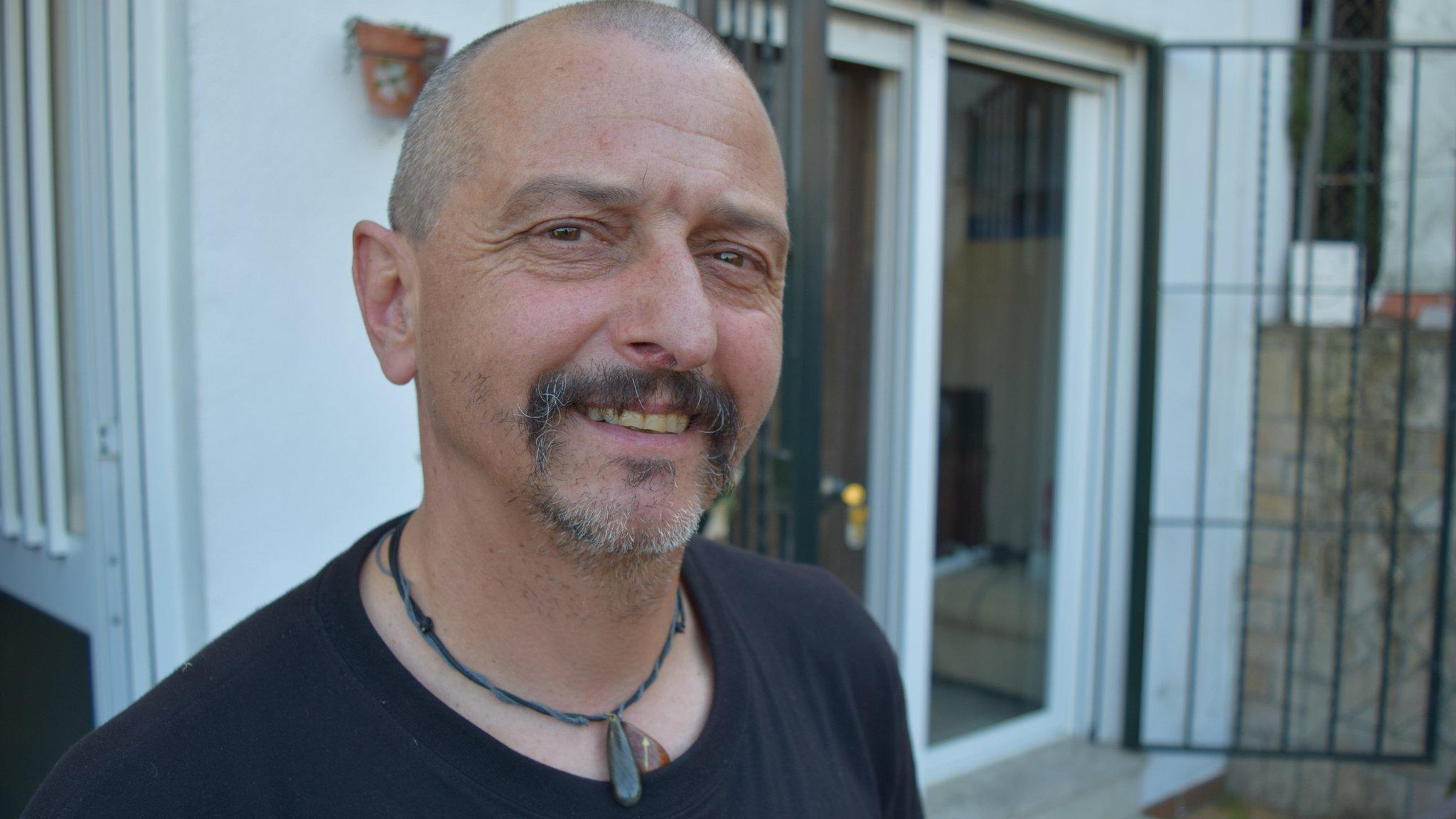European elections: Greece's gap with Europe
- Published
Katerina wants to show her disappointment with all Greece's big parties
Champions of the European Union can take heart from the fact that in urban Greece, people ground down by poverty still take the 25 May elections seriously.
But if ordinary Greeks retain faith in democracy - their vote is all they have left, in the considered words of one struggling cafe-owner I met in Thessaloniki - they are rapidly losing trust in Europe.
For many, the EU remains a "one-way" street, as another man put it. For instance, older people used to the modernity EU membership brought back in 1981 cannot envisage ever leaving.
But for some younger Greeks in Thessaloniki, capital of a region with 30% unemployment, exit is an attractive idea, or at least the abandonment of the hated euro.
"You cannot put a lion and a cat in the same cage," one unemployed young man told me on the street, describing how he sees relations between Greece and the economic giants of the north.
Change may take a generation if it ever happens, given the continuing support for the parties tied to the financial crisis, New Democracy and Pasok, and doubts over the willingness of the radical left in the form of Syriza to really effect change.
Meanwhile there is marble-cold anger at the relentless impoverishment of a nation on the edge of Europe.
Debt after debt
Former businessman Stefanos Dimoulas now works as a pizza delivery "boy", in his words, for 3.3 euros (£2.7; $4.5) an hour without medical insurance.
Stefanos Dimoulas wants to use his vote to take Greece out of the EU
He has business debts of 50,000 euros but also, after a recent operation to remove a rare tumour in his neck, he owes 3,000 euros in medical bills. Now he needs more treatment.
Mr Dimoulas did not say for whom he would vote, but expressed dismay at the way Pasok and New Democracy were ruling together after decades on opposite sides.
He sees Greece's future outside the eurozone and outside the EU full stop, prospering with control over its own resources and currency.
His is a positive position, imbued with love for Greece, with none of the nationalist hate associated with the far-right Golden Dawn party.
I encountered some Golden Dawn supporters. Not the aggressive men I was used to seeing in TV reports, but two old-age pensioners getting drunk on spirits at a cafe table and a careworn middle-aged farmer, incensed at the low price of milk offered for his dairy herd.
None of them spoke to me. It was their friends nearby who informed me of their stance.
Exit strategy
Making it my mission to interview unemployed or economically vulnerable Greeks primarily, quite at random near the cafes in Thessaloniki where they sit outside on walls or lawns because they cannot afford a simple cup of coffee anymore, I invariably met people preparing to vote for parties of the left.

Foteini: "The left should unite"
Again, they gave no names of parties, but there was a distaste for the traditional left and a readiness to experiment, it seemed to me, with newer parties.
These include Antarsya, an anti-EU, anti-capitalist coalition created five years ago which won less than 1% of the vote at the last national election in 2012.
One of its European election candidates, Foteini Rizou, I met out of the blue at a backpacker hostel, where she works as a receptionist to fund her education as an architecture student in Thessaloniki.
"Pasok is no different from New Democracy," the Athenian student said. "The left should unite, but Syriza thinks staying in the EU will be good for everyone. Our view is that staying in the EU is really bad for the workers and bad for everyone in the EU."
One man who really could do with some urgent change for the better is Ilias, the unemployed mathematician who gave the analogy of the lion and the cat.

Ilias: "Something must change here"
Unable to claim benefit, and living off his dwindling savings, the 31-year-old cannot contemplate starting a family because "without a job, you cannot get married". Emigration is not an option because he does not want to move away from his ageing parents.
He would vote, he said, but about his political views, would only remark that he had never yet voted for a party that got into government.
"Something must change here," he told me, shivering in the shadow of the city's Roman-era triumphal arch.
"If I had the solution ready I would not be here giving you the interview. We should leave the euro. They just want to make money out of poor countries."
'Don't just burn'
A few hundred metres away, down on the seafront, I listened to another unemployed voter, nearly 10 years younger, staunchly anti-fascist and strongly patriotic, who expressed a harsher view.

George: "Some minds you cannot change"
"I think the only solution is a radical one, whatever that means," George Basilos said. "We need to direct our anger at something, instead of just burning.
"I think that the older generations drag us down. We are just waiting for them to die out. Some minds you cannot change."
His friend, student engineer Socrates Lambadas, who does underpaid part-time work like so many other students, admires Europe for its social progress and believes Greeks are stuck in the past.
"I think that many Greeks don't want to accept responsibility for the situation we're in today," he told me. "Thirty to 40 years from now, things will be better and people will not only tolerate change but look forward to it. We do have to change."
For now there is continuing poverty and, in the view of Mr Dimoulas, Greece may "have still further to fall".
You can also follow Patrick Jackson's reporting on jobless politics in the southern eurozone on his blog on Tumblr, external or get updates via Twitter, external.
- Published8 May 2014
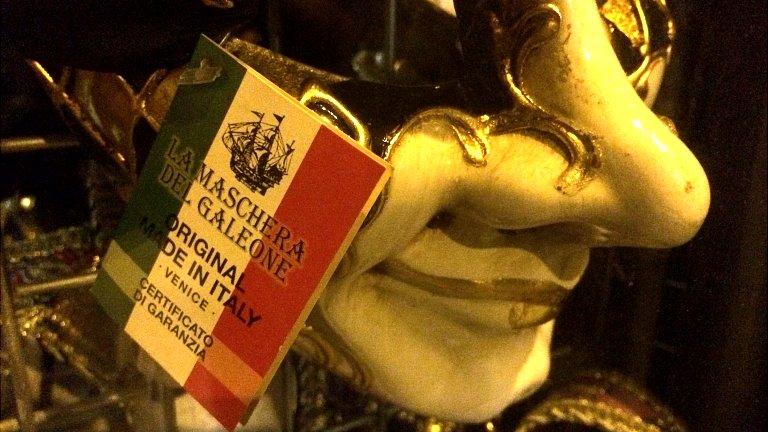
- Published7 May 2014
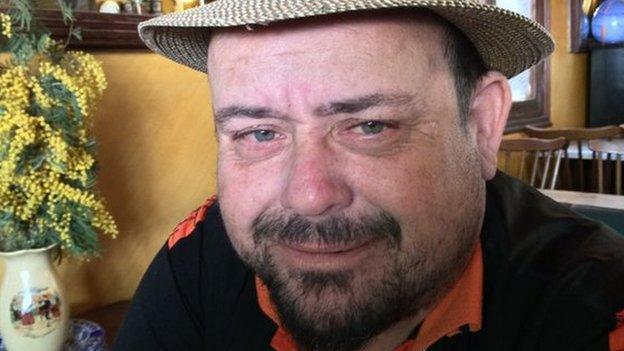
- Published6 May 2014
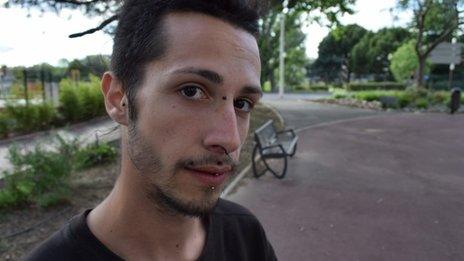
- Published3 May 2014
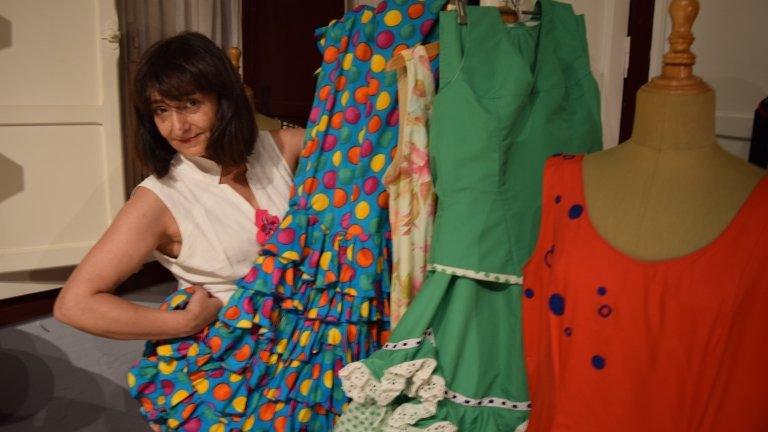
- Published1 May 2014
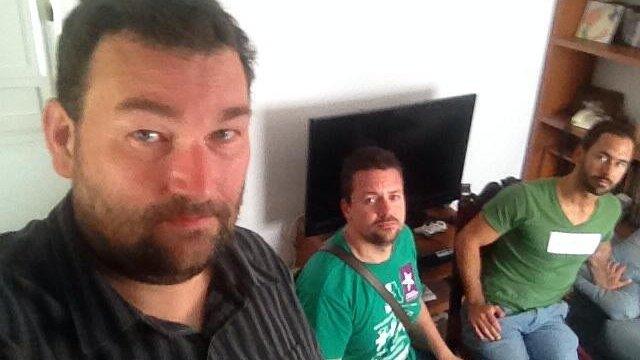
- Published30 April 2014
